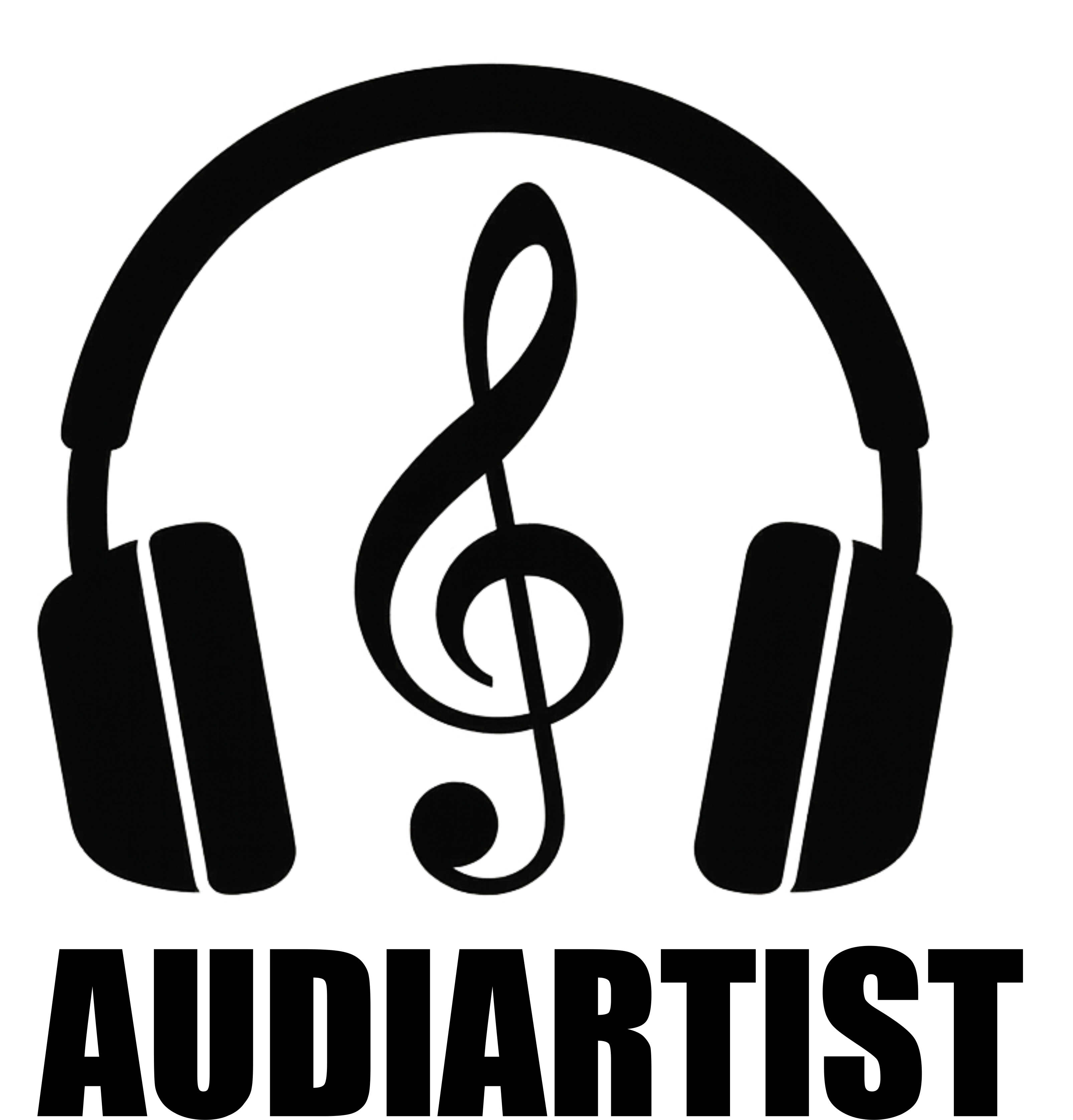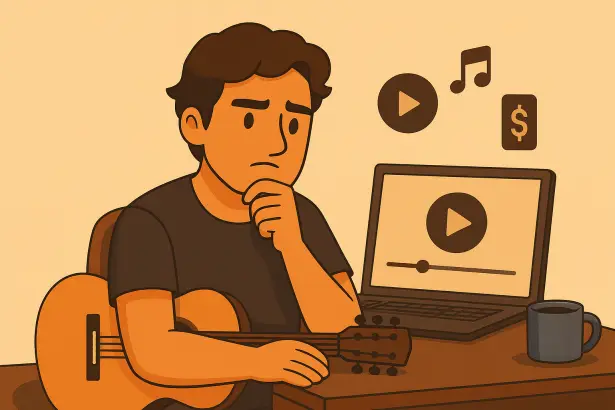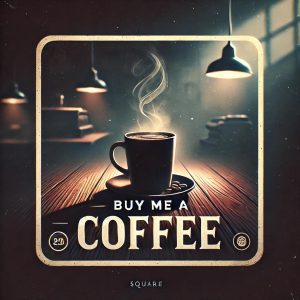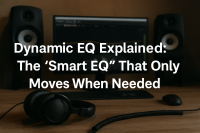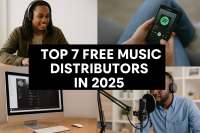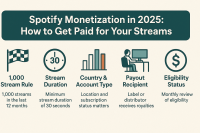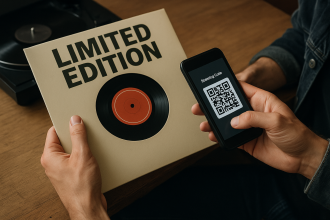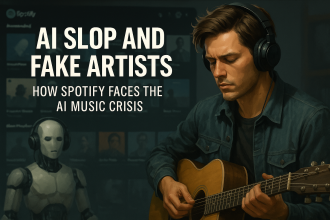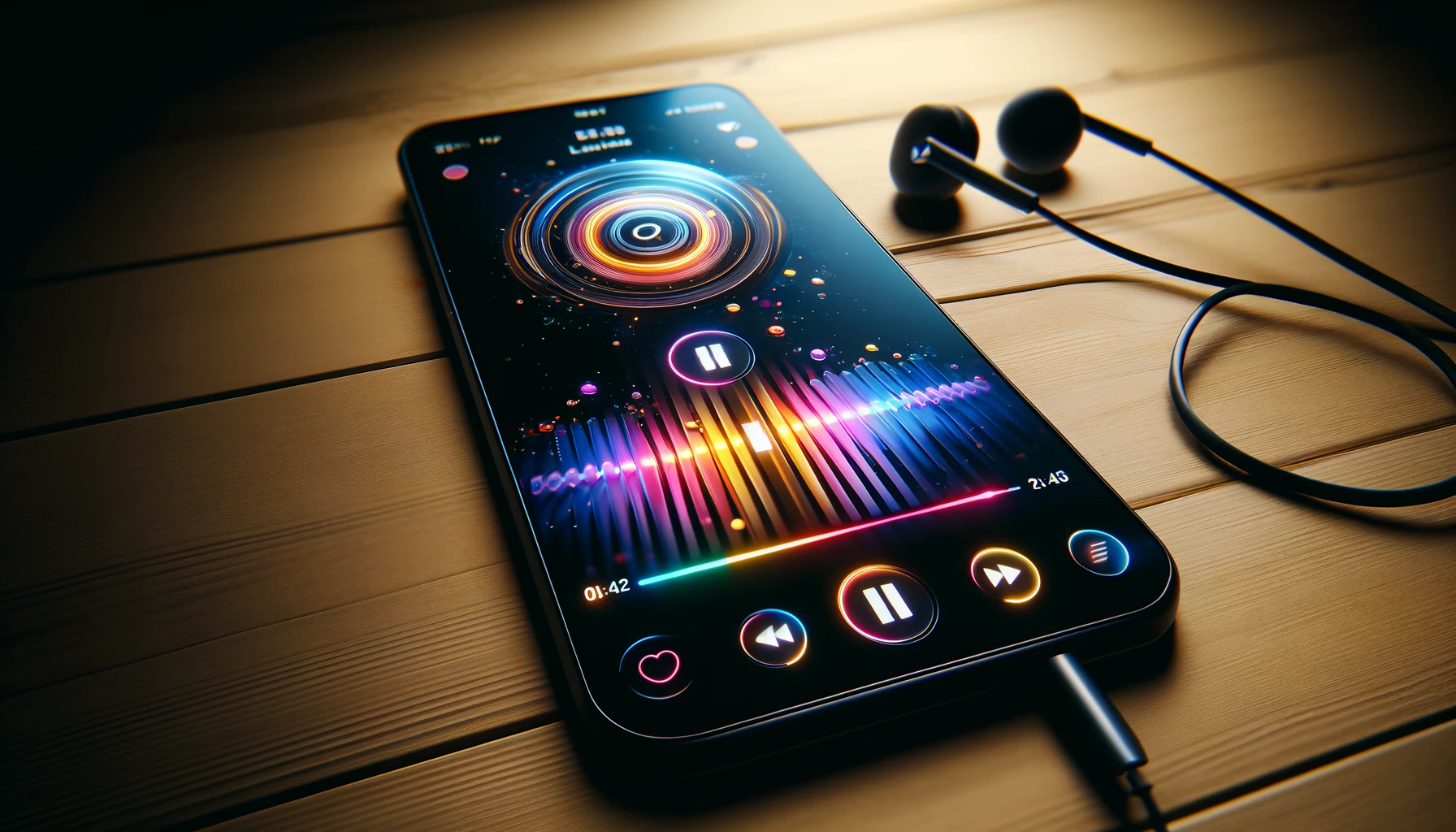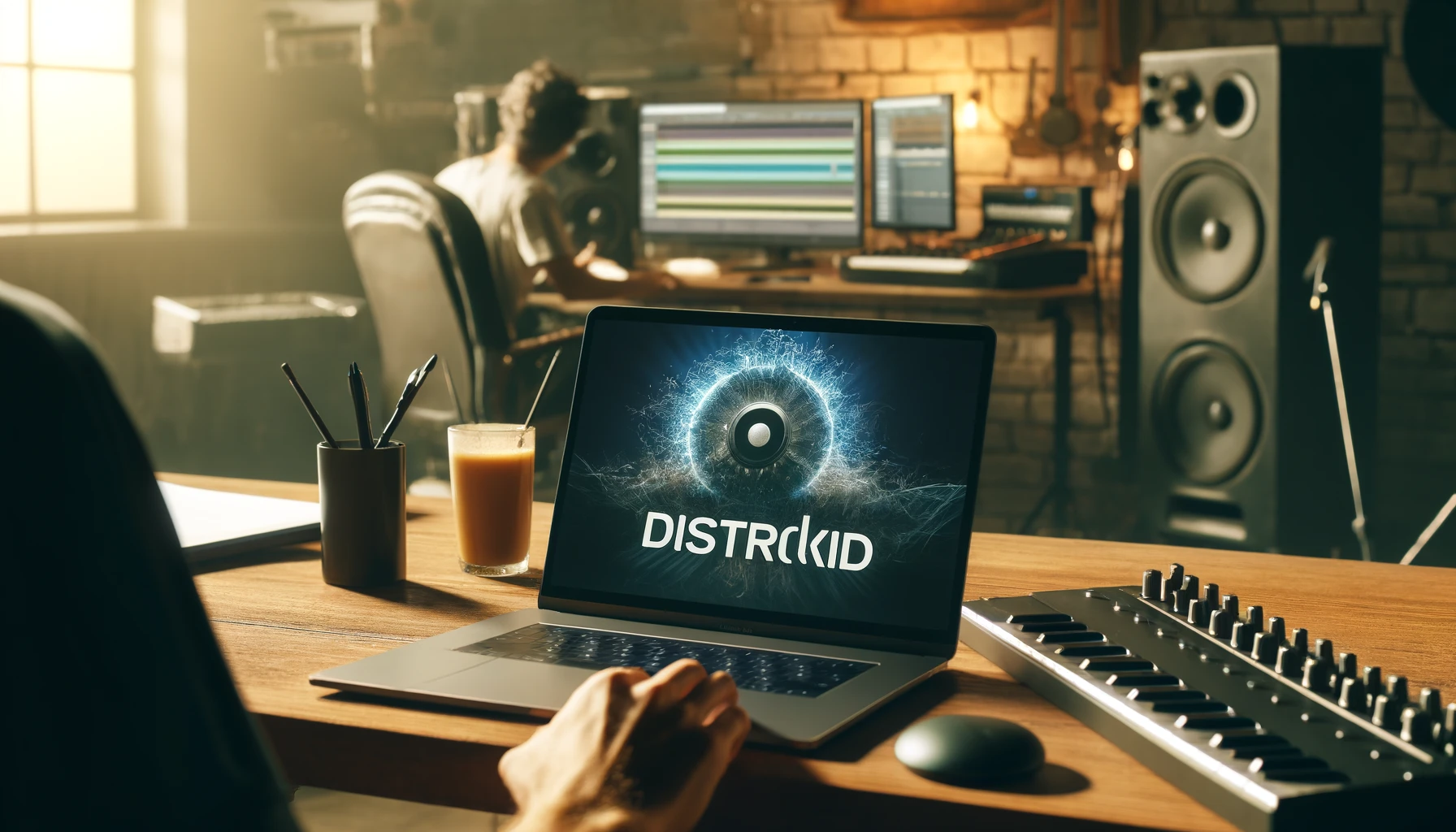Should You Quit If No One Listens?
Being an independent musician is one of the most rewarding yet challenging paths an artist can take. While creativity flows freely, so does doubt. Every indie artist eventually asks the same painful question: If no one is listening to my music, should I stop? This article explores where doubt comes from, what truly makes artists hesitate, and why continuing—even in the shadows—can be the key to eventual success.
- 1. The Nature of Doubt in Independent Music
- 2. What Really Makes Artists Doubt Themselves
- 3. Should You Quit If No One Is Listening?
- 4. What Makes Artists Stop
- 5. What Helps Artists Continue and Move Forward
- 6. Moving Beyond Doubt: Practical Steps
- Conclusion: Doubt Is Normal, Quitting Is Optional
- AUDIARTIST
1. The Nature of Doubt in Independent Music
Doubt is a universal companion in the creative process. Independent musicians carry it more heavily because they lack the safety net of labels, managers, or big budgets.
For indie artists, doubt often comes in waves: after releasing a song that only gets a handful of plays, after a gig where few people show up, or after scrolling social media and comparing themselves to seemingly successful peers.
The truth? Doubt is not proof that you lack talent—it is proof that you care deeply about your art.
2. What Really Makes Artists Doubt Themselves
There are two main sources of doubt:
- Talent and self-worth
- Artists wonder: Am I good enough?
- They fear their songs are too simple, too raw, or not as polished as others.
- Imposter syndrome makes many feel like outsiders in their own craft.
- Lack of visibility and streams
- Even great music can sit unnoticed in the digital ocean of 120,000+ tracks uploaded daily to Spotify and other platforms.
- When streams stay low, artists often confuse poor visibility with poor talent.
- Algorithms reward momentum, but building that initial spark is the hardest step.
It’s essential to separate the two: a lack of streams does not mean a lack of talent.
3. Should You Quit If No One Is Listening?
Here’s the hard truth: if your motivation relies only on numbers, music will always feel discouraging. Streams are important, but they are not the sole measure of value.
Quitting should only be considered if:
- Music no longer brings you joy.
- You truly prefer to focus on another path.
But if music is part of who you are, quitting because of streams means surrendering to an external metric that doesn’t define your artistry.
Remember: most successful artists once had zero listeners. The difference is that they kept going.
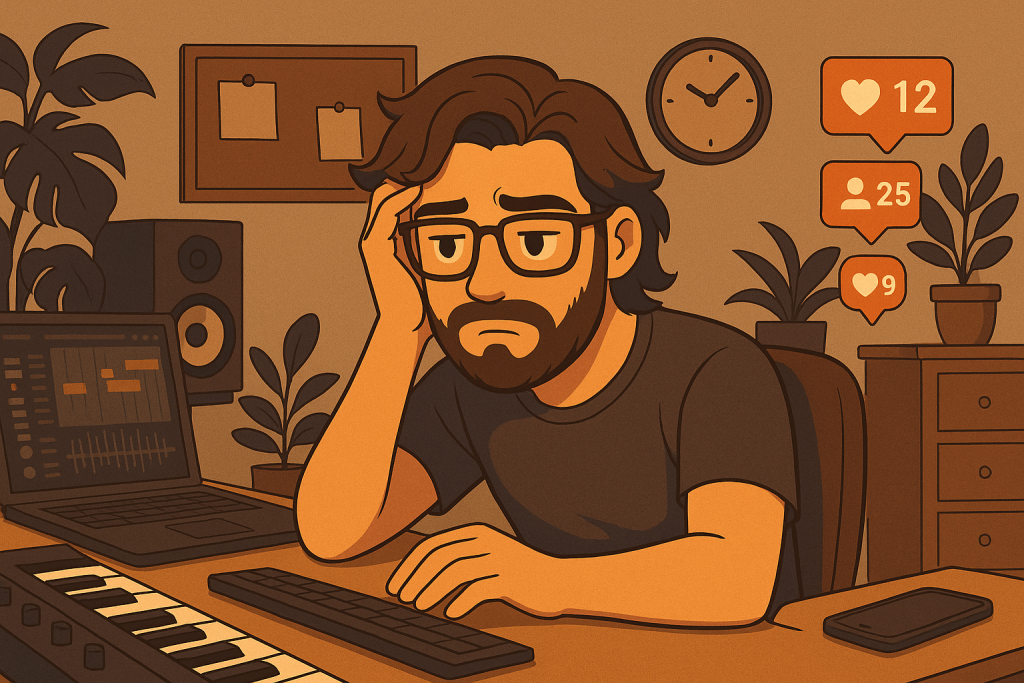
4. What Makes Artists Stop
Some of the most common reasons musicians give up include:
- Financial pressure: recording, mixing, and promotion cost money without guaranteed returns.
- Emotional burnout: rejection, slow growth, and constant comparison drain energy.
- Life circumstances: jobs, studies, or family obligations can push music aside.
- Unrealistic expectations: believing success should be instant leads to disappointment.
Acknowledging these struggles is healthy. It doesn’t mean you’re weak—it means you’re human.
5. What Helps Artists Continue and Move Forward
Despite the difficulties, many artists find reasons to keep going:
- Creative fulfillment: making music satisfies a need that numbers can’t measure.
- Community building: even 50 real fans can sustain a journey.
- Long-term growth: older songs can resurface years later through playlists, sync placements, or trends.
- Alternative revenue streams: merch, Patreon, sync licensing, live gigs, and fan support often matter more than per-stream payouts.
The key is to redefine success: not as millions of streams, but as meaningful connections and consistent progress.
6. Moving Beyond Doubt: Practical Steps
If you are struggling with whether to quit or continue, here are concrete actions:
- Redefine your goals: instead of “I need 100k streams,” try “I want to finish an EP” or “I want to play three shows this year.”
- Find your audience: focus on communities, niche playlists, or local scenes rather than chasing algorithms alone.
- Collaborate: working with other artists can boost visibility and motivation.
- Diversify platforms: don’t depend only on Spotify—use YouTube, TikTok, Bandcamp, or SoundCloud.
- Celebrate small wins: every genuine fan is a step forward.
Conclusion: Doubt Is Normal, Quitting Is Optional
Independent musicians will always face doubt. The real question isn’t whether you should quit because of low streams, but whether music is part of your identity. If it is, the answer is simple: keep going.
Your worth is not defined by algorithms. It’s defined by the courage to create, to share, and to persist even when no one seems to listen. The artists who survive the storm of doubt are often the ones who, one day, break through.
![]()
